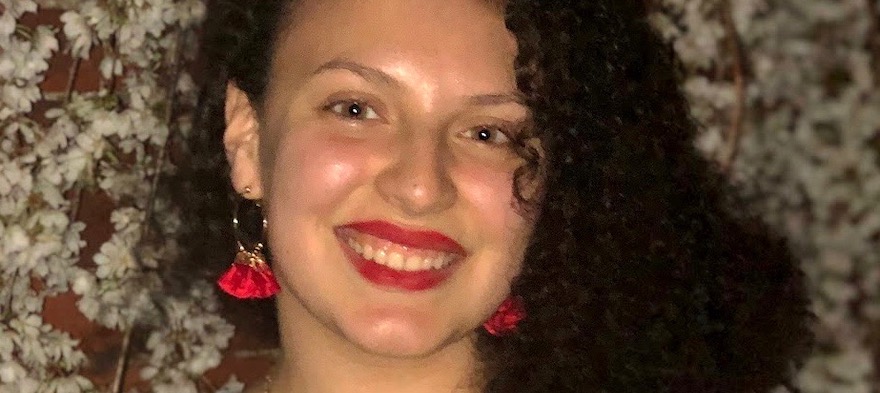
May 14, 2019 12:00:00 AM
Growing up in Houston, I knew I was capable enough for college. I earned straight A’s in high school and possessed an insatiable drive to move beyond simple answers. But, as a child of immigrants in a single-parent household, I was concerned about whether I could afford college. I was confident in my abilities, but college was still a far-fetched goal.
Despite being widowed at only 26, my mom always supported me and did her best to raise me, even though she lived in a nation where she knew nothing about the educational system. So, when it came to the college application process, I was completely lost. My friends had mentioned SAT exam prep courses and asked to compare scores, but none of it ever really made sense. I didn’t even know if I would go to college straight out of high school. Sure, I was on my way to becoming valedictorian and had been highly involved in my community, but the financial aspect of applying—let alone attending—[pullquote position="right"]college was very daunting.[/pullquote]
I was sitting in my living room during the spring of my junior year of high school when I got the call from College Board about a free virtual advising program called CollegePoint. I didn’t quite understand what they were offering, but I really needed help with college applications, so I accepted the support offered. And it was free.
My CollegePoint advisor, Diana, helped me come up with a comprehensive to-do list, including doing research on possible schools I would be interested in, filling out the FAFSA, requesting my transcripts and writing application essays. We worked on each part together, piece by piece. She helped me figure out what kind of school I would like to attend by breaking down the options: big school or small? City or rural? Research or liberal arts?
After narrowing down my preferences, we made a list of schools, and she created a spreadsheet with deadlines, features and pull factors of each school. Brown University seemed like the perfect place for me because of the school’s dedication to students and its supportive community, in addition to students having the freedom to customize their educational experiences to fit their needs and interests. It remained my top choice throughout the admissions process. Diana also clarified how financial aid worked in college, and what forms I would need to fill out. When the time to write my essays came around, she helped me take my rough drafts and elevate them so they would tell my story instead of becoming too focused on other people.
As a freelance editor from San Francisco, her insight was incredibly beneficial and strengthened my writing overall, even beyond college applications. She was invaluable to my admissions process, and I couldn’t have made it to my dream school without her help.
Today, [pullquote]I’m writing this article from the campus of Brown University in Providence, Rhode Island, where I have a full, four-year ride.[/pullquote] I have made so many friends and connections that I would not have made anywhere else, and I’m so happy that I had help to guide me to the path I’m on today.
Without CollegePoint and my advisor, getting here would have been nearly impossible for me. Through Diana, I became a first-generation college student and set an example for other students who were equally as disadvantaged and just as capable.
Marie-Anne Barrón is a first-year student at Brown University, where she studies Cognitive Neuroscience and Education Studies, serves as an undergraduate Teaching Assistant and tutors through the Brown Refugee Youth Tutoring and Enrichment Program. She is passionate about giving back to her community and hopes to empower underprivileged youth to follow their dreams.
Few issues in education spark more tension and debate than standardized testing. Are they a tool for equity or a burden on students? A necessary check on school systems or a flawed measure of...
Charter schools are public schools with a purpose. Operating independently from traditional school districts, they're tuition-free, open to all students, and publicly funded—but with more flexibility...
Despite the benefits of a diverse teaching force, prospective teachers of color fall out of our leaky preparation pipeline at every stage: preparation, hiring, induction, and retention. Here’s what...
Ed Post is the flagship website platform of brightbeam, a 501(c3) network of education activists and influencers demanding a better education and a brighter future for every child.
© 2020-2025 brightbeam. All rights reserved.
Leave a Comment